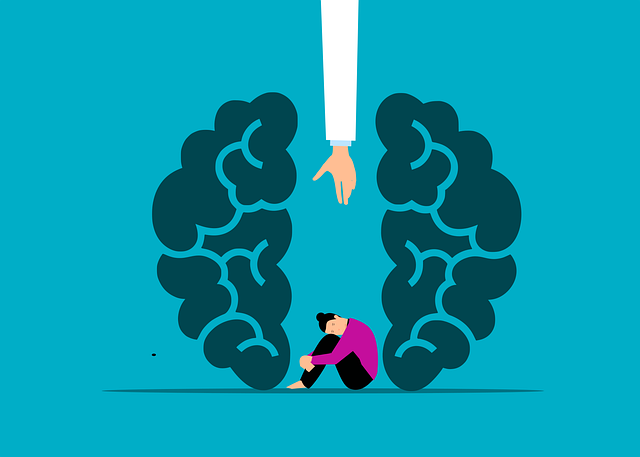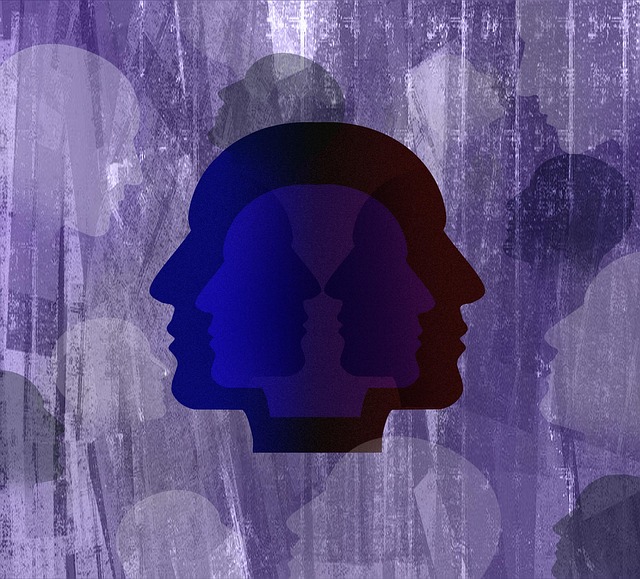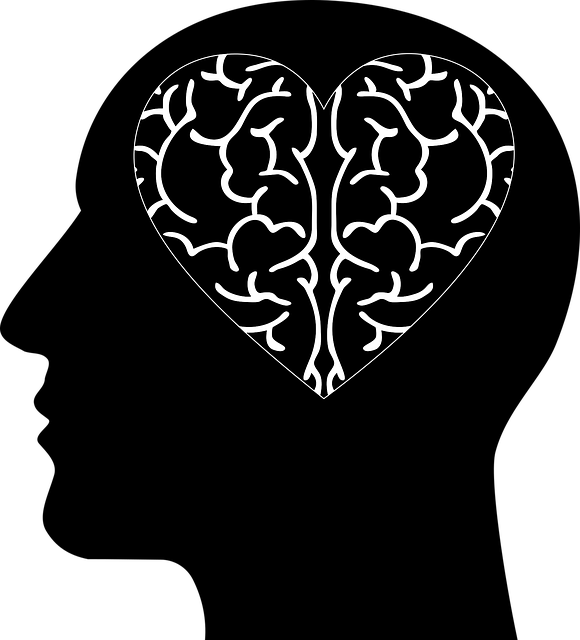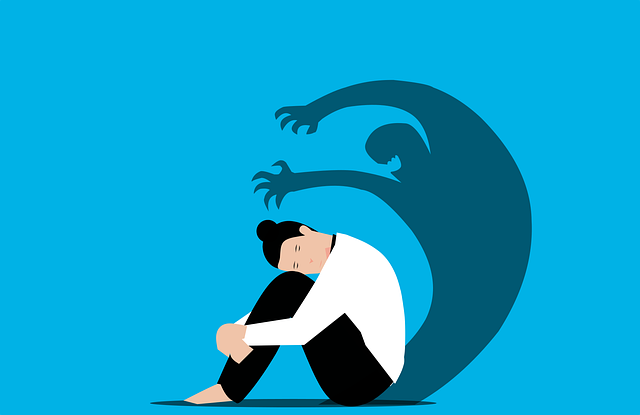First responders face unique mental health challenges due to traumatic work situations. Traditional therapy may not suffice. Mental Wellness Coaching Programs provide tailored support using evidence-based stress reduction methods, peer-to-peer education via podcasts, and immediate crisis interventions (Superior First Responders Therapy) to maintain resilience and promote overall well-being. A holistic approach, integrating CBT, mindfulness, and cultural sensitivity, addresses systemic barriers and fosters inclusivity. Continuous learning for coaches, strategic program rollout, and client feedback ensure program effectiveness in cultivating positive thinking, confidence, and lasting coping strategies.
In today’s demanding environment, mental wellness coaching programs for first responders are more crucial than ever. These dedicated individuals frequently face traumatic events, leading to heightened stress levels and potential mental health challenges. This article explores the development of tailored therapy models designed specifically for superior first responder therapy.
We’ll delve into effective implementation strategies and continuous improvement techniques to ensure these programs have a lasting impact, fostering resilience and promoting the well-being of our heroes.
- Understanding the Need for Mental Wellness Coaching Programs for First Responders
- Designing Effective Therapy Models for Superior Mental Health Support
- Implementation Strategies and Continuous Improvement for Long-Lasting Impact
Understanding the Need for Mental Wellness Coaching Programs for First Responders

First responders, including police officers, firefighters, and paramedics, often face unique and traumatic situations that can significantly impact their mental health. The high-stress nature of their work exposes them to a constant stream of challenging scenarios, which may lead to various mental health issues such as PTSD, anxiety, and depression. Traditional therapy methods might not always be adequate in addressing these complex challenges, especially given the often tight-knit and supportive communities within first responder departments. This is where Mental Wellness Coaching Programs step in as a crucial resource.
These specialized programs aim to provide tailored support for first responders, focusing on evidence-based stress reduction methods and offering guidance through various tools like mental wellness journaling exercises. Additionally, the production of mental wellness podcast series can offer peer-to-peer support and education, fostering open conversations about mental health. By implementing such initiatives, organizations can ensure their superior first responders receive the necessary tools to maintain resilience and promote overall well-being.
Designing Effective Therapy Models for Superior Mental Health Support

In developing mental wellness coaching programs, designing effective therapy models is paramount for providing superior mental health support. The Superior First Responders Therapy model, for instance, focuses on immediate and tailored interventions to address acute mental health crises. This approach emphasizes proactive care, ensuring individuals receive timely support and guidance before their conditions escalate. By integrating evidence-based practices such as cognitive behavioral therapy (CBT) and mindfulness meditation, coaches can equip clients with practical tools to manage stress, challenge negative thought patterns, and cultivate positive thinking.
A holistic mental health policy analysis and advocacy approach is also crucial. This involves understanding the broader systemic factors that impact mental wellness, including cultural norms, social determinants of health, and access to care. Incorporating strategies that promote inclusivity, reduce stigma, and enhance awareness can create a more supportive environment for individuals seeking help. Moreover, fostering continuous learning among coaches through regular training sessions and knowledge-sharing platforms ensures they stay abreast of the latest research in mental health, thereby optimizing the effectiveness of coaching interventions.
Implementation Strategies and Continuous Improvement for Long-Lasting Impact

Implementing a mental wellness coaching program requires a strategic approach to ensure its long-term success and impactful results. One effective strategy is adopting a phased rollout, allowing for careful monitoring and adjustments as the program gains traction. This enables coaches to identify areas needing refinement and tailor their methods to suit the unique needs of participants. For instance, starting with a pilot group helps in refining the coaching techniques and understanding the most effective ways to foster positive thinking and build confidence.
Continuous improvement is pivotal for sustaining the program’s quality. Regular feedback from both clients and coaches can provide valuable insights. By encouraging open dialogue and fostering a culture of learning, the program can adapt to emerging trends and challenges. Incorporating innovative practices, such as integrating digital tools for remote coaching or introducing mindfulness exercises, ensures that the program remains dynamic and relevant. Additionally, focusing on stress management techniques within the coaching framework enables participants to develop long-lasting coping strategies, enhancing their overall well-being and making them superior first responders in their daily lives.
Mental wellness coaching programs tailored for first responders, through innovative therapy models and strategic implementations, offer a superior approach to supporting their unique mental health needs. By recognizing the challenges these individuals face, we can create long-lasting positive impacts, ensuring first responders have access to effective, continuous improvement in their mental wellness journey. Embracing these strategies is a vital step towards fostering resilience and overall well-being among our heroes.














